Maternal stress
Recent articles
Maternal infection’s link to autism may be a mirage
Family-linked factors explain most associations between maternal illness and autism, a study of 1.1 million Danish children finds.
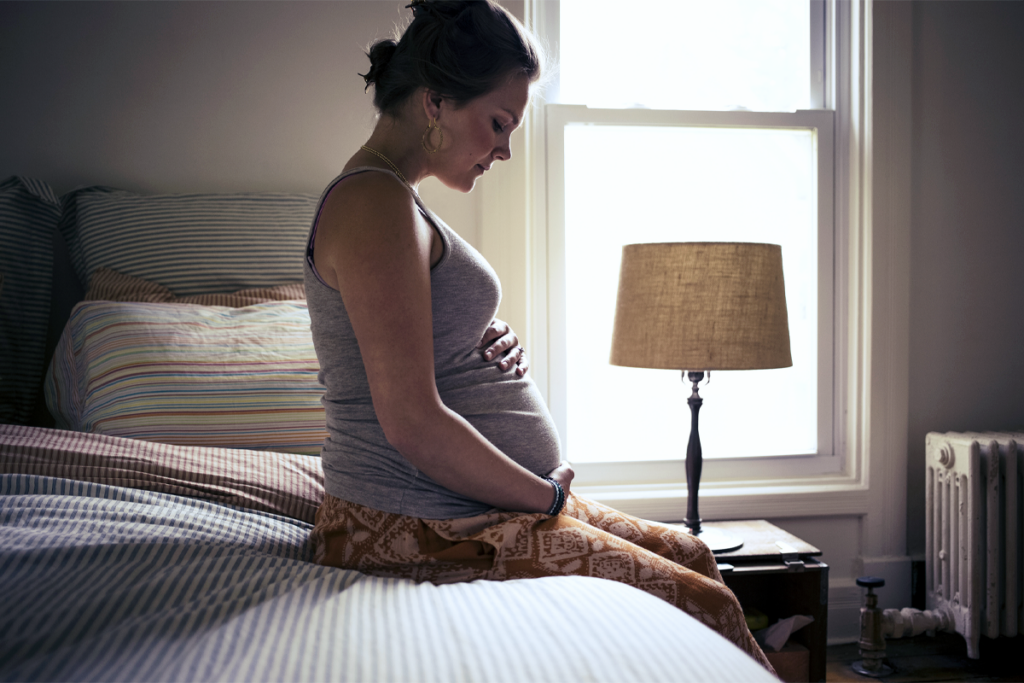
Maternal infection’s link to autism may be a mirage
Family-linked factors explain most associations between maternal illness and autism, a study of 1.1 million Danish children finds.
New catalog charts familial ties from autism to 90 other conditions
The research tool reveals associations stretching across three generations.

New catalog charts familial ties from autism to 90 other conditions
The research tool reveals associations stretching across three generations.
Change of heart and mind: Autism’s ties to cardiac defects
Children with congenital heart disease have an increased likelihood of autism. Why?
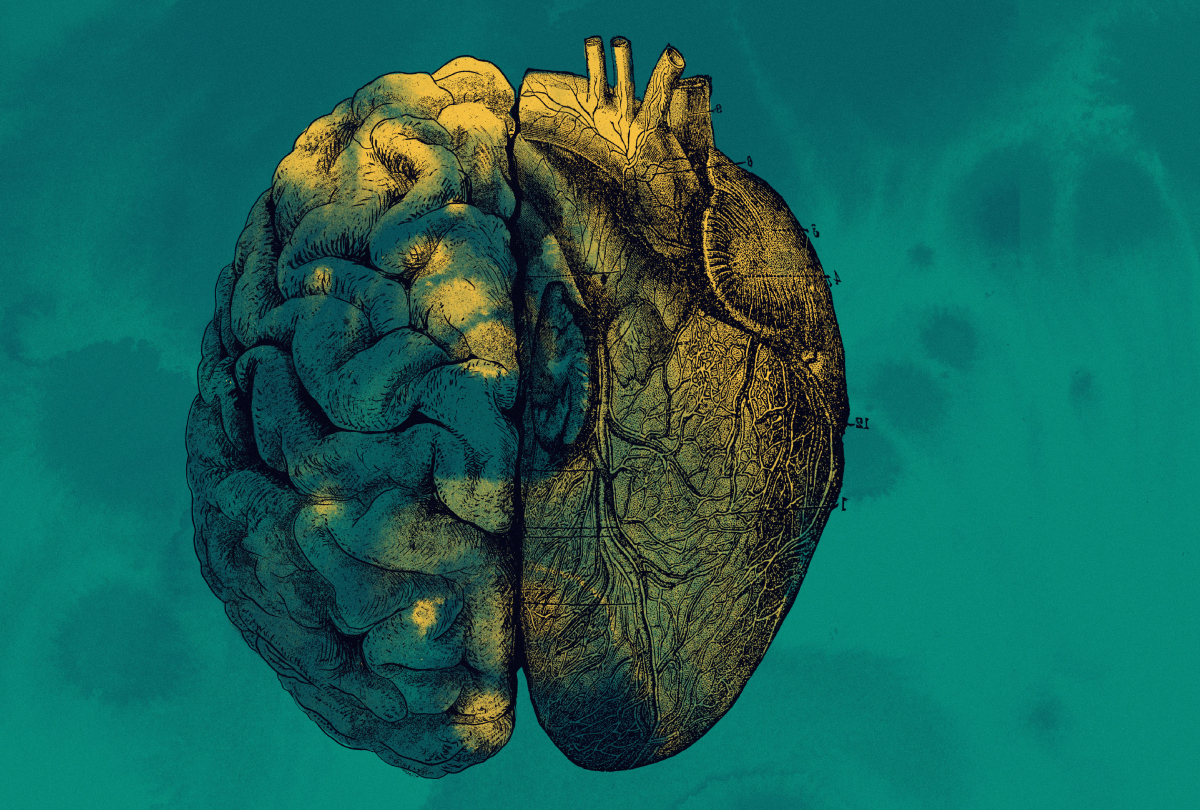
Change of heart and mind: Autism’s ties to cardiac defects
Children with congenital heart disease have an increased likelihood of autism. Why?
The most personalized medicine: Studying your own child’s rare condition
A handful of scientists are committed to advancing research on the autism-related genetic conditions their own children have.
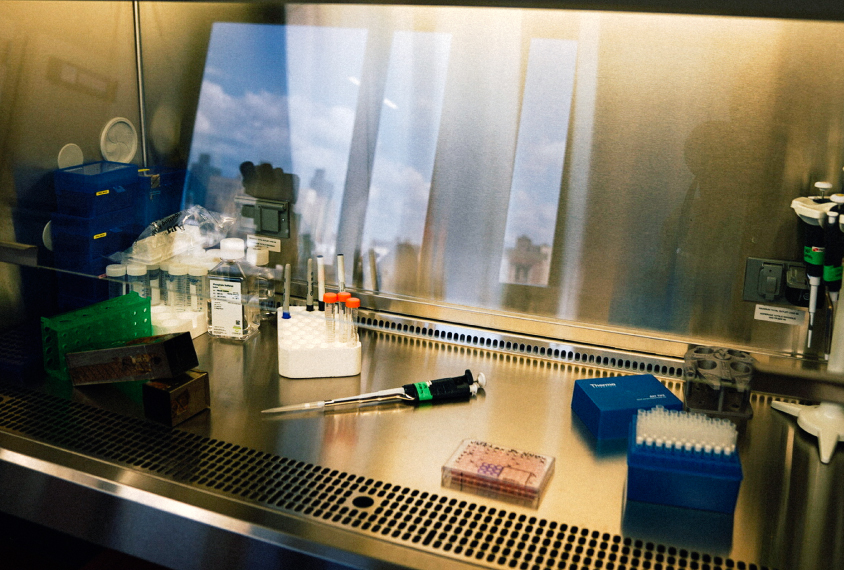
The most personalized medicine: Studying your own child’s rare condition
A handful of scientists are committed to advancing research on the autism-related genetic conditions their own children have.
The link between vitamins, supplements and autism, explained
Too little — or too much — of certain substances during pregnancy may increase the odds of having a child with autism. Here we explain what scientists know about these associations.
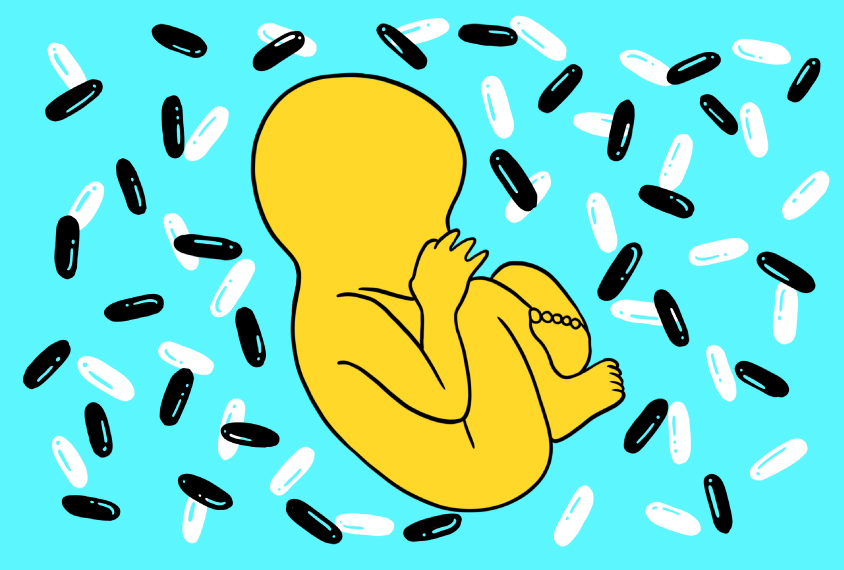
The link between vitamins, supplements and autism, explained
Too little — or too much — of certain substances during pregnancy may increase the odds of having a child with autism. Here we explain what scientists know about these associations.
Epidurals linked to slightly higher autism odds, but connection is unclear
Women who receive epidural anesthesia during labor have an elevated chance of having a child with autism, a new study has found. But it is too soon for doctors to recommend against epidurals, experts say.
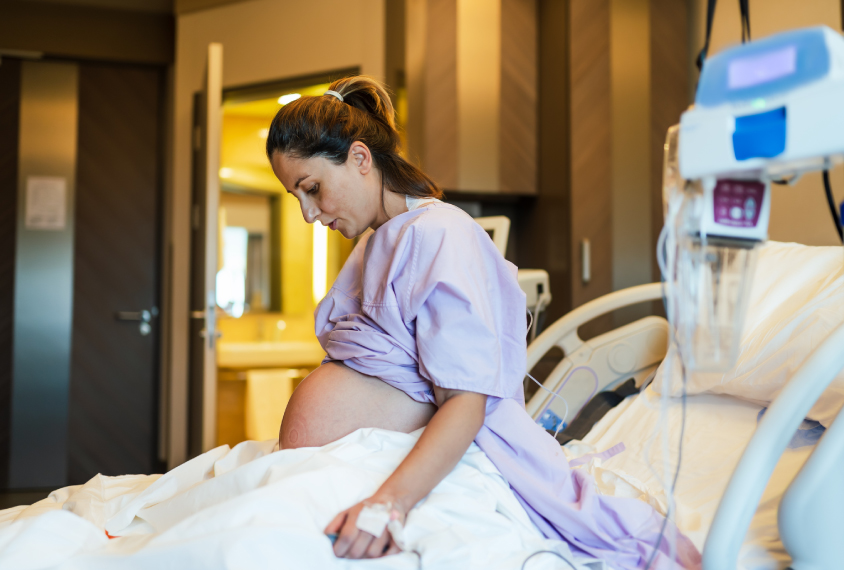
Epidurals linked to slightly higher autism odds, but connection is unclear
Women who receive epidural anesthesia during labor have an elevated chance of having a child with autism, a new study has found. But it is too soon for doctors to recommend against epidurals, experts say.
Common pregnancy complication linked to increased autism odds
High blood pressure during pregnancy may raise a woman's chances of having an autistic child.

Common pregnancy complication linked to increased autism odds
High blood pressure during pregnancy may raise a woman's chances of having an autistic child.
Acetaminophen use in pregnancy linked to autism, attention deficit in children
Pregnant women’s use of acetaminophen may increase the odds of autism and attention deficit hyperactivity disorder in their children.

Acetaminophen use in pregnancy linked to autism, attention deficit in children
Pregnant women’s use of acetaminophen may increase the odds of autism and attention deficit hyperactivity disorder in their children.
Asthma in parents shows slim link to autism in children
A child's risk of autism is slightly elevated if a parent or sibling has asthma or an autoimmune disease.

Asthma in parents shows slim link to autism in children
A child's risk of autism is slightly elevated if a parent or sibling has asthma or an autoimmune disease.
What the placenta could reveal about autism
Understanding the interactions between the placenta and the uterine lining could explain how maternal immune activation leads to autism.
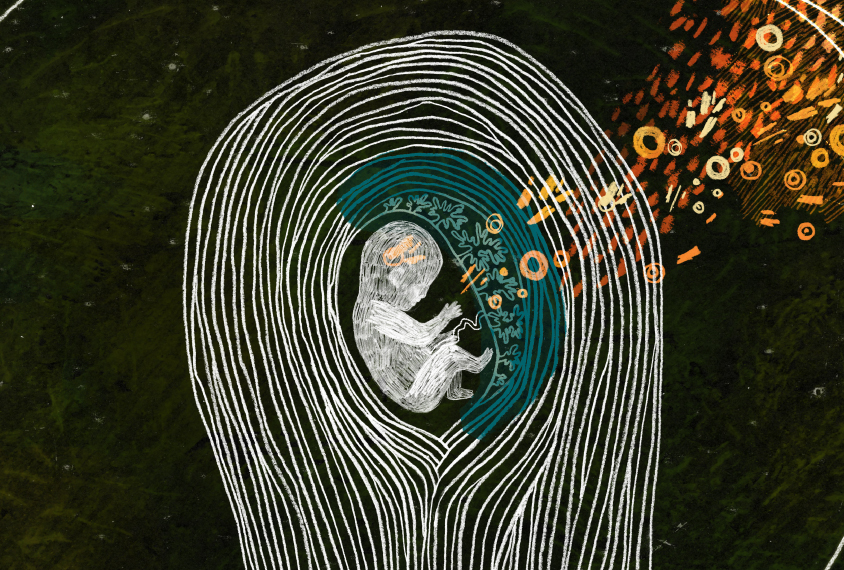
What the placenta could reveal about autism
Understanding the interactions between the placenta and the uterine lining could explain how maternal immune activation leads to autism.
Explore more from The Transmitter
Marcelle Lapicque: A forgotten pioneer in neuroscience
Lapicque was the first Black woman neuroscientist in Europe, new research suggests.
Marcelle Lapicque: A forgotten pioneer in neuroscience
Lapicque was the first Black woman neuroscientist in Europe, new research suggests.
In-vivo base editing in a mouse model of autism, and more
Here is a roundup of autism-related news and research spotted around the web for the week of 23 February.
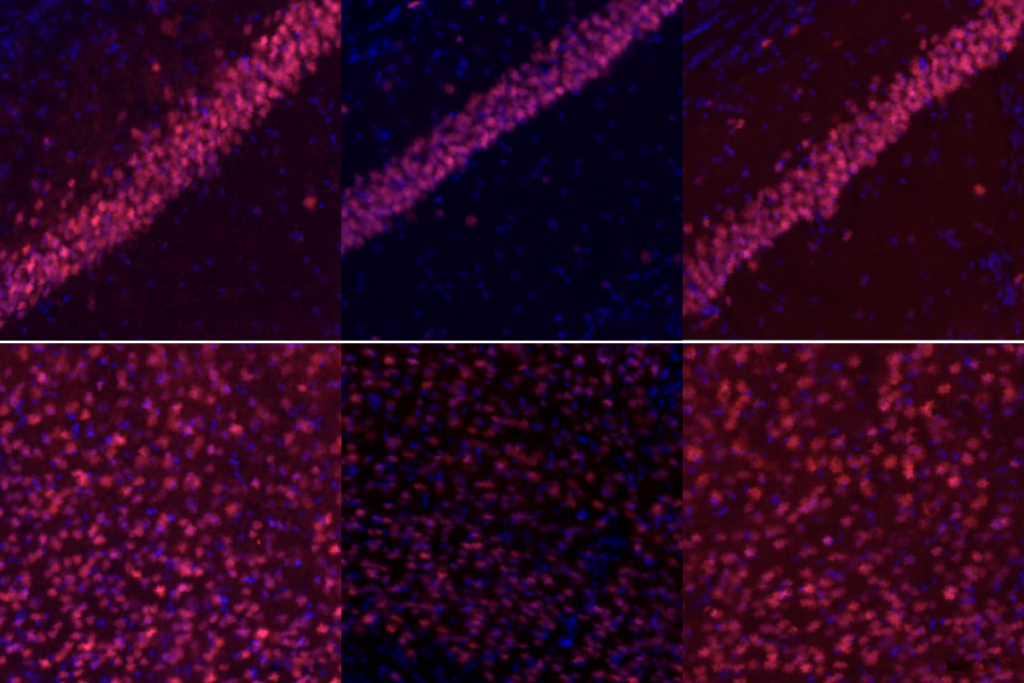
In-vivo base editing in a mouse model of autism, and more
Here is a roundup of autism-related news and research spotted around the web for the week of 23 February.
Infant visual system categorizes common objects by 2 months of age
Brain activity patterns in the ventral visual cortex appear to distinguish images across 12 categories, including birds and trees, longitudinal functional MRI scans suggest.
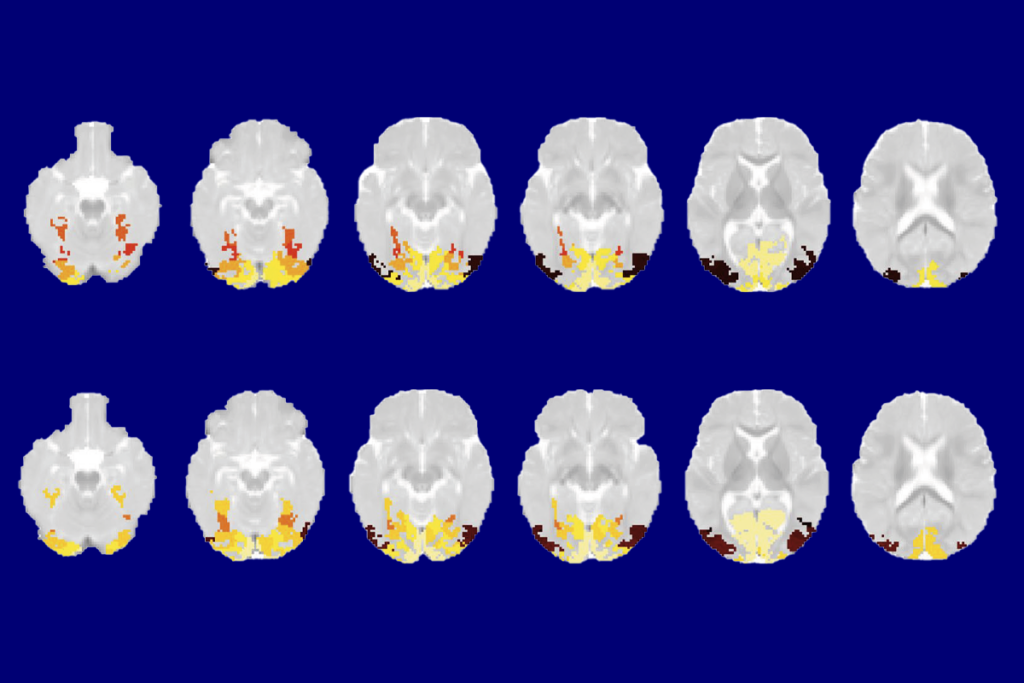
Infant visual system categorizes common objects by 2 months of age
Brain activity patterns in the ventral visual cortex appear to distinguish images across 12 categories, including birds and trees, longitudinal functional MRI scans suggest.